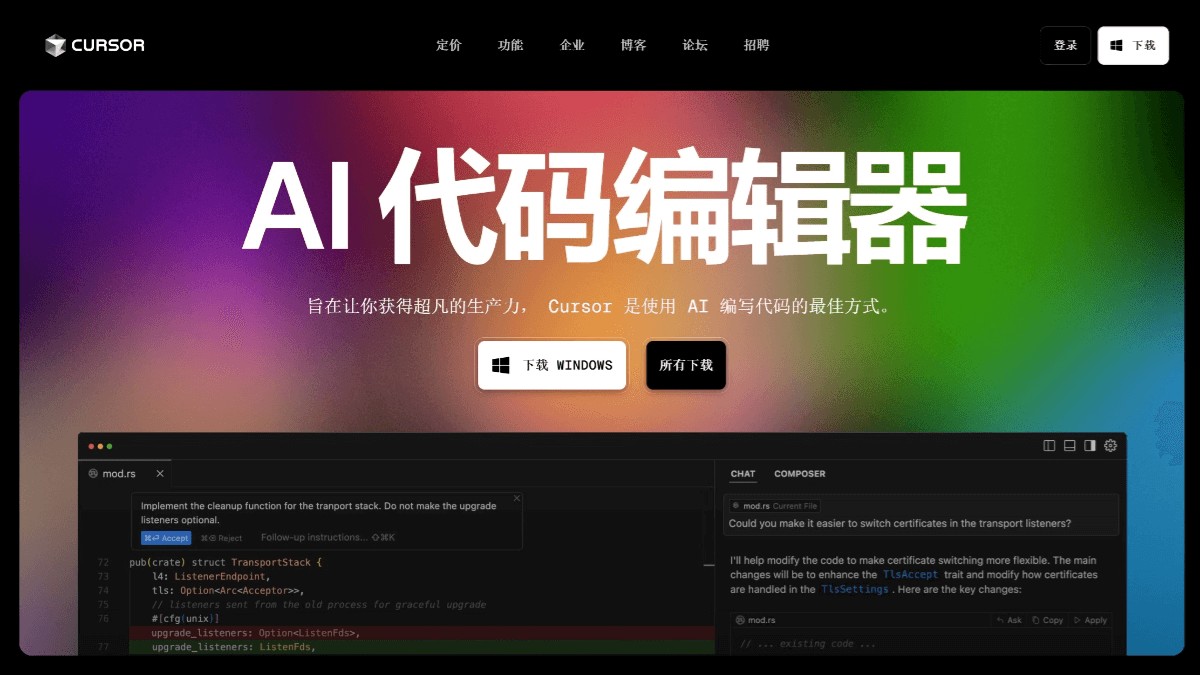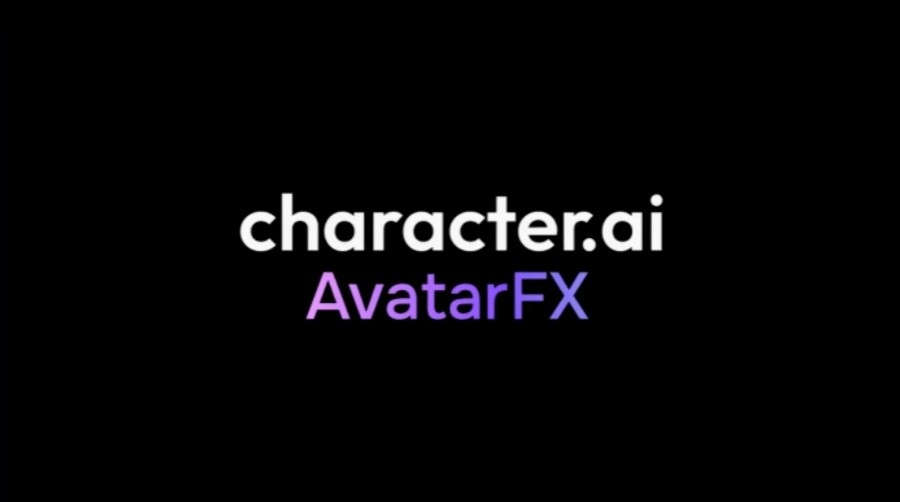Jeff Crume will dive into the core differences between artificial intelligence (AI), machine learning (ML), deep learning (DL) and underlying models, and analyze how these technologies have evolved and improved over time. He will also focus on recent advances in generative AI, including large language models, chatbots, and deepfakes. In the process, Crume will present readers with a clear technological panorama by clarifying common misunderstandings and simplifying complex concepts, and explore the profound impact of these technologies on different industries and fields.
In recent years, the development of artificial intelligence technology has made leaps and bounds. AI is no longer just a concept in science fiction, but has been deeply integrated into daily life and business applications. From voice assistants to autonomous driving, from smart recommendation algorithms to medical diagnostics, AI is changing the way we interact with technology.
The Evolution of Artificial Intelligence, Machine Learning and Deep Learning
Artificial intelligence as a broad field aims to develop systems capable of simulating human intelligence. Machine learning is a branch of AI that emphasizes training algorithms through data rather than relying on predefined rules. Deep learning further promotes the development of ML, using multi-layer neural networks to process complex data patterns. With the enhancement of computing power and the explosion of data volume, the concept of basic model emerged. These models, such as the Transformer and GPT series, build general capabilities through large-scale training and then apply them to specific tasks through fine-tuning, greatly improving the versatility and flexibility of the AI system.
The latest progress in generative AI
Generative AI is one of the most popular fields at the moment. Through large language models (such as ChatGPT) and diffusion models, AI can generate realistic text, images and videos. This breakthrough technology brings many practical applications:
Speech generation and understanding : Chatbots are rapidly growing in popularity, and their performance is getting closer to human-level performance in everything from customer service to educational tutoring.
Creative content generation : Generative AI is used in writing, composing, and artistic creation, greatly expanding the possibilities for creative workers.
Deep forgery : Although deep forgery has potential ethical challenges, it also brings new possibilities to fields such as film special effects and virtual reality.
Clarify misunderstandings and popularize technical knowledge
With the rapid development of AI, many misunderstandings have also emerged. For example, people often equate AI with ML, or think that AI is an omniscient and omnipotent intelligent agent. However, the limitations and potential biases of AI systems need to be properly recognized. Crume emphasized that through education and transparent communication, we can help the public better understand the logic and impact behind these technologies.
Profound impact on industry and society
The application of these technologies has transcended the technology industry itself and has had a profound impact on medical, financial, manufacturing, entertainment and other fields. For example:
Healthcare : AI-driven diagnostic tools can detect diseases faster and more accurately while helping doctors develop personalized treatment plans.
Finance : Generative AI provides smarter customer service while improving the efficiency of anti-fraud systems.
Manufacturing : Optimize production processes through deep learning to achieve more efficient resource allocation and product quality control.
Education : The intelligent tutor system can provide personalized educational content based on students’ learning styles and progress.
Future Outlook
With further development of technology, AI may show its potential in more fields. Crume reminds us, however, that advances in technology need to be paralleled by ethical and regulatory measures to ensure these tools are used responsibly. At the same time, all sectors of society also need to collaborate to jointly shape a future of technology for good, making AI an important force in promoting the progress of human society.
Through comprehensive analysis and in-depth discussion, Jeff Crume lifts the veil on the field of artificial intelligence for readers, not only showing the infinite possibilities of technology, but also putting forward practical suggestions to deal with challenges, and sketching a promising future blueprint for us.



